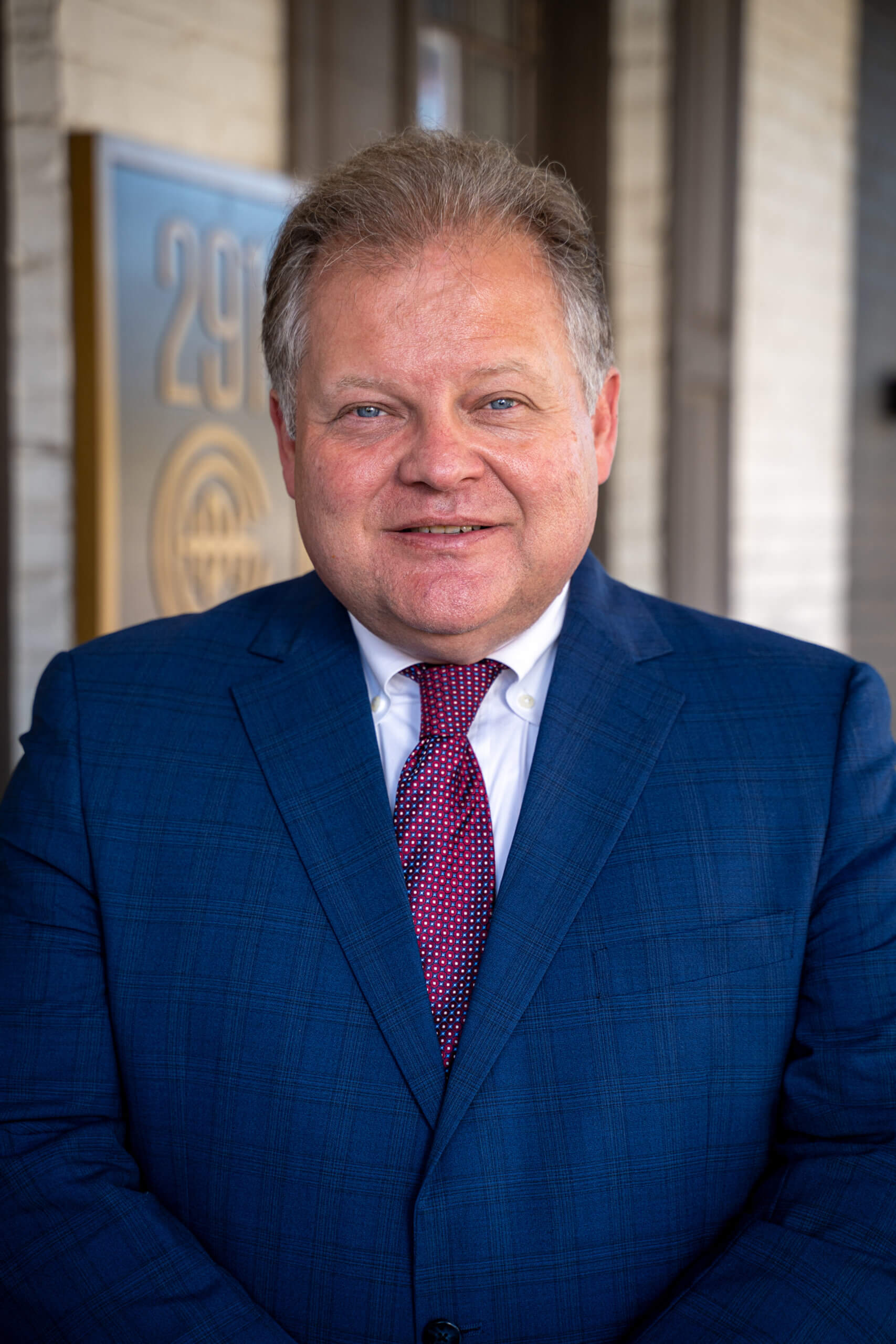Why You Should Avoid Posting On Social Media After An Injury
In this age of social media and immediate access to information, people looking to begin a personal injury claim should be mindful of what is shared about their incident online. More and more, we are seeing social media posts be used as evidence against people in their claims; still, most are largely unaware of the negative impact this can have.
The Negative Impacts Of Social Media
People who share about their injury incident online often do so quickly afterward in the heat of the moment without knowing the full extent of their injuries and situation. By posting, they are essentially giving a written, premature testimonial of the incident and how severely they are injured. This can and will be used against your claim.
How It Can Be Used Against You
Attorneys frequently warn against giving a written statement of any kind to an insurance provider, opposing lawyer, or others involved in the incident, as this is considered testimony. This general rule also applies to what you share on social media.
The defense has every right to look at public posts to determine if the injuries stated in your testimony contradict what is being shared online. For example, if your claim states that you have a severe back injury that requires surgery, sharing photos from an amusement park or going on vacation following your incident may reflect poorly on the nature of the damages.
What Else Can Be Used?
When so many platforms give people the option to “check-in” or share their location on posts, a trail is created of where you are going and what you are doing. Like with the amusement park example shared above, checking in at places that involve activities directly contradicting your testimony should be avoided.
Additionally, sometimes your own posts aren’t the ones that can cause issues with your claim— instead, others tagging you in photos or commenting/sharing about how you are doing can negatively affect you.
It is always best to leave any details of your claim or incident offline until you speak with an attorney. Remember, what is shared on the internet stays there forever, so avoid putting your claim in jeopardy by limiting social media interactions until it concludes. Even if you take the information down, this could be spoliation of evidence and negatively affect your claim with a negative inference under the law that what was deleted would have been negative to your case.
The attorneys at Chatham Gilder Howell Pittman PLLC are aggressive yet compassionate and work diligently to protect your rights and help you get the compensation you need. When working with a member of our team, have peace of mind in knowing that you have decades of experience and award-winning representation by your side.
Schedule a free consultation with The Lawyers That Listen today by calling (662) 222-0597 or filling out this short form.
